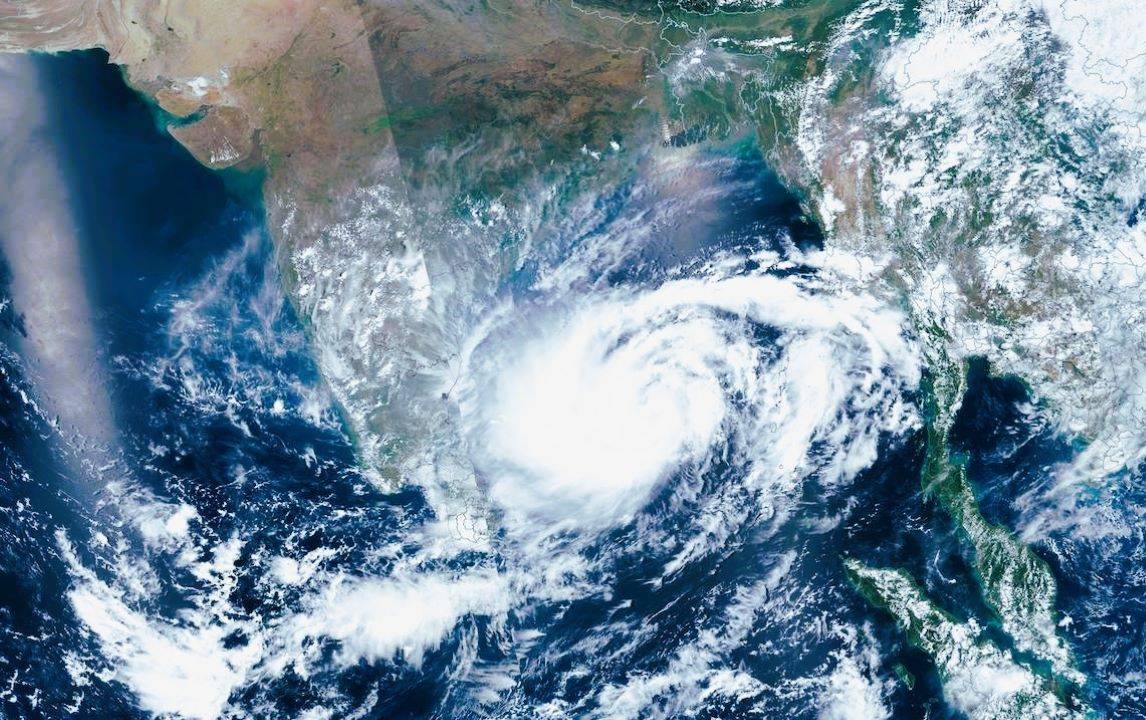
The Bangladesh Meteorological Department (BMD) has warned that the cyclone will intensify further and is likely to cause damage to houses, uproot trees and disrupt power and communication lines. It has advised fishermen not to venture into the sea and urged the authorities to evacuate people from low-lying areas to safer places.
Ports in Bangladesh have been shut down, and ships have been ordered to move to safer locations. The Bangladesh Inland Water Transport Authority (BIWTA) has suspended all ferry services across the country's inland waterways until further notice.
The country has also set up more than 13,000 cyclone shelters to accommodate people who need to be evacuated. Authorities have made arrangements for food, water, and other essential supplies in these shelters. The Bangladesh Red Crescent Society has deployed thousands of volunteers and rescue teams in the coastal districts to help people during the cyclone. They have also stocked up on medical supplies to deal with any emergencies.
The neighboring state of West Bengal in India is also bracing for the impact of Cyclone Mocha. The Indian Meteorological Department (IMD) has issued a warning for the state, which is likely to experience heavy rainfall and strong winds in the coming days.
The IMD has advised fishermen not to venture into the sea and has urged people in low-lying areas to move to safer places. The National Disaster Response Force (NDRF) has deployed teams in the coastal areas of West Bengal to assist with evacuations and rescue operations.
Cyclones are common in the Bay of Bengal, and Bangladesh is often hit by severe storms during the monsoon season, which runs from June to September. The country has made significant progress in recent years in its ability to respond to cyclones and other natural disasters. However, the government and aid agencies face significant challenges due to the ongoing pandemic.
In May 2020, Cyclone Amphan caused widespread damage in the coastal areas of West Bengal and Bangladesh, leaving millions of people without shelter, food, or water. The pandemic further complicated the relief efforts, and it took months for the affected areas to fully recover.
As Cyclone Mocha continues to make its way toward Bangladesh and India, it is crucial that all necessary precautions are taken to minimize the impact of the storm. The governments of both countries, along with aid agencies, must work together to ensure that people are evacuated safely and that essential supplies are available to those who need them.
















